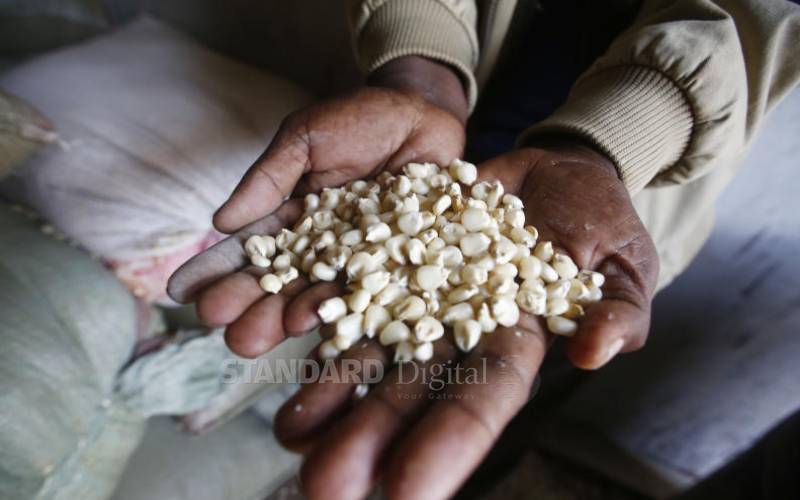×
The Standard e-Paper
Home To Bold Columnists

Farmers and other agricultural workers may be exposed by inhaling dust generated during the handling and processing of contaminated crops and feeds. [Kipsang Joseph/Standard]
Kenya has banned all maize imports to curb the entry of unsafe grains into the country.